The Forex market, also known as the foreign exchange market, is one of the largest and most liquid financial markets in the world. In recent years, the popularity of forex trading has grown significantly in South Africa. This has led to an increase in the number of forex brokers operating in the country. Choosing the right broker is crucial for successful trading, so this guide aims to provide an overview of forex brokers in South Africa, including what to consider when selecting one.
Best Forex Brokers in South Africa
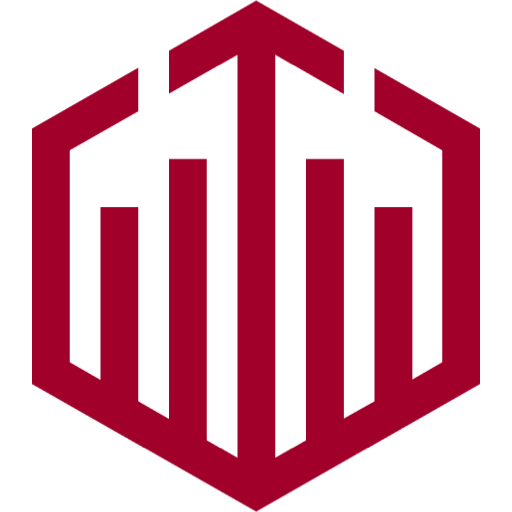
Quotex
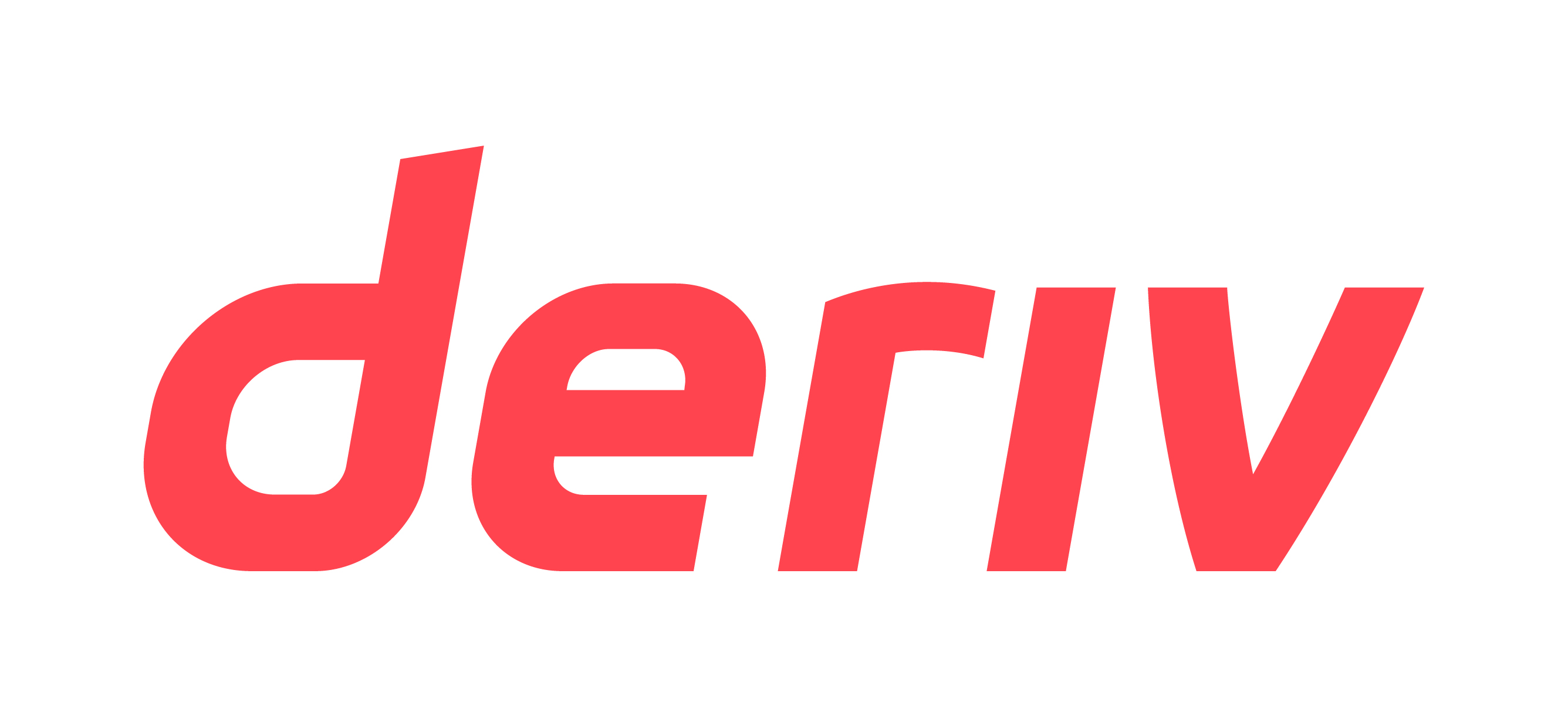
Deriv
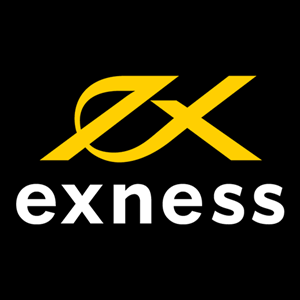
Exness
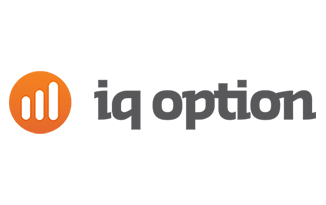
IQ Option

Hycm
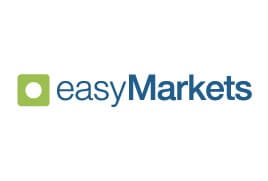
Easy Markets
The Importance of Regulation
One of the most important factors to consider when choosing a forex broker is regulation. In South Africa, the Financial Sector Conduct Authority (FSCA) is the primary regulatory body overseeing the activities of forex brokers. The FSCA sets strict standards for brokers to adhere to, ensuring they operate with integrity and transparency.
When choosing a broker, look for one that is FSCA-regulated. This ensures that the broker is operating in compliance with local laws and standards, which helps protect your investment and provides a level of security in your trading experience.
Features of a Good Forex Broker
1. Trading Platform:
A good forex broker should offer a reliable and user-friendly trading platform. Popular platforms like MetaTrader 4 (MT4) and MetaTrader 5 (MT5) are widely used and offer a range of tools and features to enhance your trading experience.
2. Spreads and Fees:
Spreads are the difference between the buy and sell prices of a currency pair. Lower spreads are more favorable for traders as they reduce the cost of trading. Additionally, consider other fees such as commission and overnight rollover charges.
3. Leverage:
Leverage allows traders to control larger positions with a smaller amount of capital. However, it can also increase the risk of losses. Make sure the broker offers leverage levels that suit your risk tolerance and trading style.
4. Account Types:
Different brokers offer various account types tailored to different trader needs. These can range from beginner accounts with lower minimum deposit requirements to premium accounts with additional features and benefits.
5. Customer Support:
Prompt and helpful customer support is essential for addressing any issues or concerns you may have while trading. Look for a broker that offers support via multiple channels and in your preferred language.
6. Educational Resources:
A good broker should provide educational resources such as tutorials, webinars, and market analysis. These resources can help you improve your trading skills and stay informed about market trends.
Top Forex Brokers in South Africa
Some of the well-known forex brokers operating in South Africa include:
- IG Group: A globally recognized broker offering a wide range of trading products and services, including forex, CFDs, and spread betting.
- Pepperstone: Known for its low spreads and fast execution, Pepperstone is a popular choice among South African traders.
- Exness: Exness offers a range of account types and competitive spreads, making it a strong choice for traders of all levels.
- AvaTrade: With a robust trading platform and various account options, AvaTrade caters to traders with different needs and preferences.
Types of Forex Trading
1. Spot Forex Trading
Spot forex trading is the most common type of forex trading. It involves the immediate exchange of one currency for another at the current market price, known as the spot rate. Spot trading typically settles within two business days (T+2) and is used by traders who want to take advantage of short-term price movements in currency pairs.
2. Forward Forex Trading
In forward forex trading, traders enter into a contract to buy or sell a specific amount of currency at a predetermined exchange rate on a specified future date. This type of trading is useful for hedging against future exchange rate fluctuations and can help businesses and individuals manage currency risk.
3. Futures Forex Trading
Futures forex trading involves standardized contracts that obligate the buyer and seller to exchange a specific amount of a particular currency pair at a predetermined price and date. Futures contracts are traded on regulated exchanges, providing greater transparency and security. Futures trading can be used for both speculative and hedging purposes.
4. Options Forex Trading
Forex options trading allows traders to buy or sell the right (but not the obligation) to trade a specific currency pair at a predetermined price on or before a specified date. Options can be used to hedge against risk or to speculate on potential price movements. There are two main types of options:
- Call options: Give the holder the right to buy a currency pair at a specified strike price.
- Put options: Give the holder the right to sell a currency pair at a specified strike price.
5. Contracts for Difference (CFDs)
CFDs are financial instruments that allow traders to speculate on the price movements of currency pairs without owning the underlying assets. In forex trading, CFDs are popular because they enable traders to leverage their positions and profit from both rising and falling markets. However, the use of leverage also increases the risk of losses.
6. Algorithmic Trading
Algorithmic trading, also known as algo trading or automated trading, involves using computer algorithms to execute trades based on pre-set criteria and strategies. Traders can create custom algorithms or use existing ones to automate their trading and take advantage of market opportunities with precision and speed.
7. Carry Trade
Carry trade is a strategy in which traders aim to profit from the interest rate differential between two currencies. By borrowing in a currency with a low-interest rate and investing in a currency with a higher interest rate, traders can earn a positive carry. However, carry trades come with the risk of exchange rate fluctuations.
FAQs on Forex Brokers in South Africa
What is forex trading?
Forex trading, also known as foreign exchange trading, involves buying and selling currency pairs in order to profit from fluctuations in exchange rates.
How do I choose a forex broker in South Africa?
When choosing a forex broker in South Africa, consider factors such as FSCA regulation, trading platform, spreads and fees, leverage options, account types, customer support, and educational resources.
What is the FSCA, and why is it important?
The Financial Sector Conduct Authority (FSCA) is the regulatory body that oversees the activities of financial services providers, including forex brokers, in South Africa. Choosing an FSCA-regulated broker helps ensure that your broker adheres to local laws and standards, providing a level of safety for your investment.
What is leverage, and how does it affect my trading?
Leverage allows you to control larger positions with a smaller amount of capital, potentially magnifying your profits or losses. It’s important to use leverage wisely and within your risk tolerance.
What is a spread in forex trading?
The spread is the difference between the buy and sell prices of a currency pair. A narrower spread reduces trading costs and can improve your potential returns.
What is the minimum deposit required to open a forex trading account?
The minimum deposit requirement varies by broker and account type. Some brokers offer accounts with low minimum deposits, making it accessible for new traders, while others may require higher initial investments.
What types of trading accounts are available?
Forex brokers typically offer a range of account types, including standard, mini, micro, and VIP accounts. Each account type may have different features such as minimum deposit requirements, leverage options, and spreads.
What should I look for in a trading platform?
A good trading platform should be user-friendly, reliable, and offer advanced trading tools such as technical analysis, charting features, and real-time data. Popular platforms like MetaTrader 4 (MT4) and MetaTrader 5 (MT5) are widely used.
How do I know if a broker is trustworthy?
To ensure a broker is trustworthy, check if they are regulated by the FSCA or other reputable regulatory bodies. Additionally, read reviews and ratings from other traders to get an idea of the broker’s reputation and reliability.
What kind of educational resources do forex brokers provide?
Many brokers offer educational resources such as tutorials, webinars, e-books, and market analysis to help traders improve their skills and stay informed about market trends.
Can I trade forex on my mobile device?
Yes, most brokers offer mobile trading apps that allow you to trade forex on your smartphone or tablet. These apps typically offer similar features to desktop platforms.
What should I do if I have a dispute with my broker?
If you have a dispute with your broker, first try to resolve it directly with them. If the issue is not resolved, you can file a complaint with the FSCA or other relevant regulatory bodies.
What are CFDs, and how do they relate to forex trading?
Contracts for Difference (CFDs) are financial instruments that allow you to speculate on the price movements of various assets, including forex pairs. When trading CFDs, you don’t own the underlying asset; instead, you profit or lose based on the asset’s price movement.
How can I manage risk when trading forex?
Risk management is crucial in forex trading. Use stop-loss orders, set realistic profit targets, and avoid overleveraging your account. Educate yourself on market trends and always trade within your risk tolerance.
Is forex trading suitable for beginners?
Forex trading can be suitable for beginners, but it’s important to start with a solid understanding of the market and basic trading strategies. Practice with a demo account before trading with real money, and take advantage of educational resources provided by brokers.
Conclusion
Forex trading in South Africa has become increasingly popular, attracting a wide range of traders from novices to seasoned professionals. Choosing the right forex broker is essential for a successful trading experience. Consider factors such as regulation, trading platform, spreads and fees, leverage, account types, customer support, and educational resources when making your decision. By selecting a reputable and FSCA-regulated broker, you can trade with confidence and focus on achieving your trading goals.
